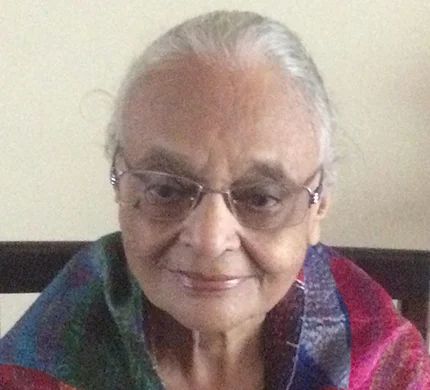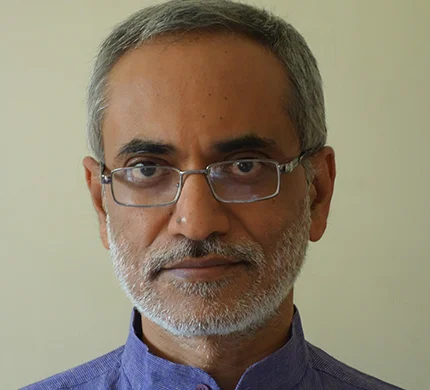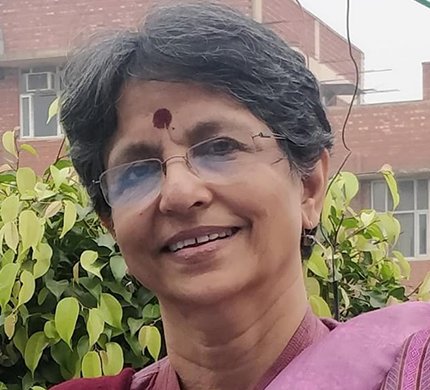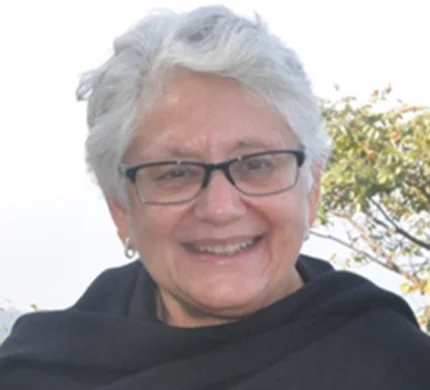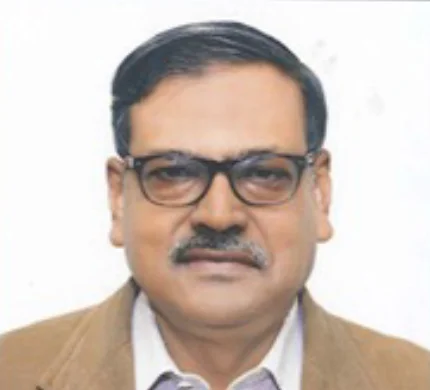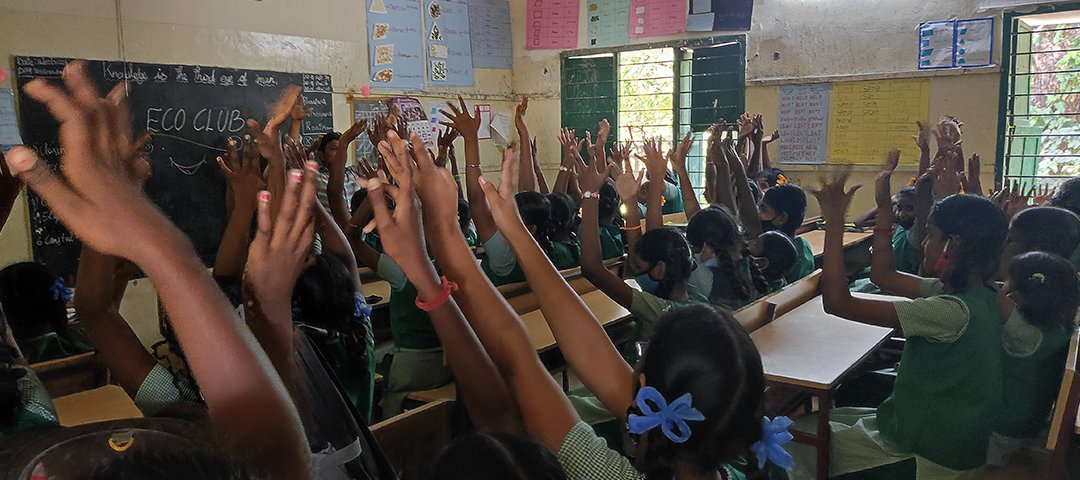
A holistic and place based Environmental Education program that can be scaled across the state is the need of the hour for Tamil Nadu, a state in southern India, as stakeholders devise various responses to climate change. Pitchandikulam Forest is a 70 acre restored indigenous forest and an environmental organization in Tamil Nadu working on the research and development of exactly that. Having decades of experience in doing indigenous forest restoration, water body restoration, water retention landscapes, environmental art, environmental education, community engagement and more since its inception almost 50 years ago an unit of Auroville Foundation, Pitchandikulam Forest provides the crucial experience required to bring together the elements of deeper understanding of the environment in schools. Its Eco-Schools Program will transform school campuses into more ecologically rich environments that set the stage for holistic EE learning to occur. Teachers will be trained by mentors to kindle the curiosity of the child and provide hands-on experience. This research will support the research and development required to scale their existing program to all the districts of Tamil Nadu.
Key Words: Eco-schools, Restoration, Intersectionality, Teacher Education, Curriculum Design, Manual Design
Key Themes:
Indigenous Knowledge, Environmental Education
Project Site:
Chennai and Pondicherry, Tamil Nadu
Principal Investigator:
Anuviya A.

